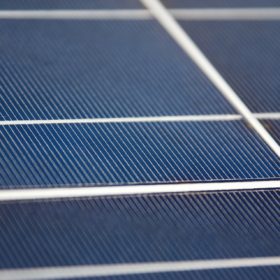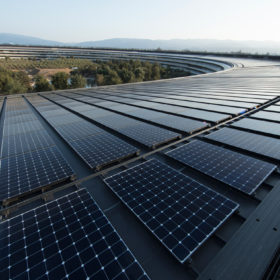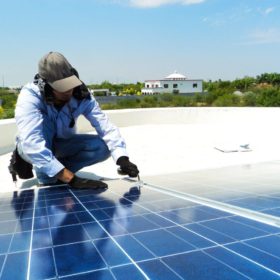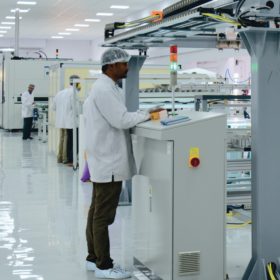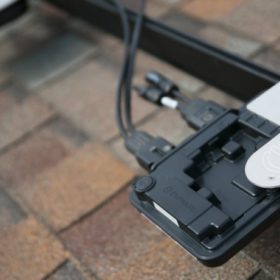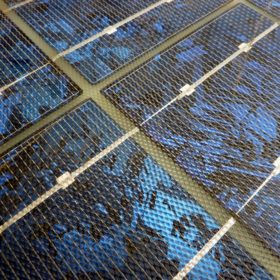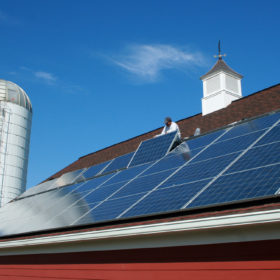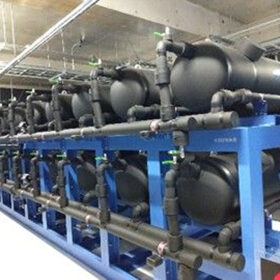Coronavirus could cause solar panel price spike
The coronavirus outbreak in China could raise solar module prices in the near term as manufacturers have already begun experiencing wafer and solar glass shortages. Production rates are also being affected by an extended new year holiday introduced by the authorities as a measure to deal with the virus, and the requirement workers from infected areas quarantine themselves for two weeks.
Corporate clean energy PPAs surge globally, but India sees a drop
Year 2019 saw some 19.5 GW of wind and solar energy contracted by corporations globally through power purchase agreements, up more than 40% from the previous year’s record. The bulk of this purchase occurred in the U.S. with tech companies and oil and gas majors leading the charge. India, however, saw a drop amid rollback of attractive policies, says a new report from BloombergNEF.
A new technique to get the right angular-tilt
US scientists are proposing a new approach to calculating the optimum angular-tilt of PV panels for a planar surface at a particular site. In their view, the new technique may unlock innovative yield optimization methods for the installation of PV systems.
India’s solar cell and module exports grow 157% in eight months
Following a dip in the last fiscal year, the value of cell exports saw a massive surge to an estimated Rs133,000 lakh from April to November. Exports to the U.S. tripled during the eight-month period as shipments to Turkey and Belgium rebounded to become the next two biggest export markets.
Loom Solar launches IoT based AC modules
The emerging startup has become the second Indian module manufacturer to launch AC panels integrated with Enphase microinverters, after Waaree announced its partnership with Enphase in 2007.
‘India will add 14 GW of solar this year’
The annual global outlook report for solar published by IHS Markit notes there was no real uptick in the amount of new capacity added last year, compared with the returns seen in 2018. That is likely to kill any hope India has of overtaking the U.S. as the world’s second biggest solar market in 2020.
US scientists claim clear-sky irradiance model provides better results for module testing
Researchers at the American Institute of Physics have used the clear-sky irradiance model developed by the National Renewable Energy Laboratory to measure the degradation rates of solar panels at a testing field in Germany over five years. The scientists say the model, when combined with real-world data, offers an efficient tool to evaluate the aging of PV technology.
A little Green Brilliance in a Virginian vineyard
The Indian installer supplied panels for a commercial client in the U.S. who had been inspired by a trip to Rajasthan with his wife in 2008.
“Our LFP battery technology is ideal for the Indian market”: SimpliPhi Power CEO
California-based SimpliPhi Power, which designs and manufactures lithium ferro phosphate (LFP) energy storage systems, has brought off-grid power to everything from the giant moon on Conan O’Brien’s talk show set to U.S. troops in Afghanistan and Iraq, to rooftops for Whole Foods and Airbnb. As the company prepares to enter into India, CEO and President Catherine Von Burg tells pv magazine why their LFP technology is best suited for India and their plans for the country.
Cheap Indian imports claim prompts Bangladesh to introduce solar standards
Dhaka has heeded complaints about Indian manufacturers allegedly dumping sub-standard PV products over the border and issued a requirement for modules, inverters, charge controllers and batteries to attain IEC electrical standards.
